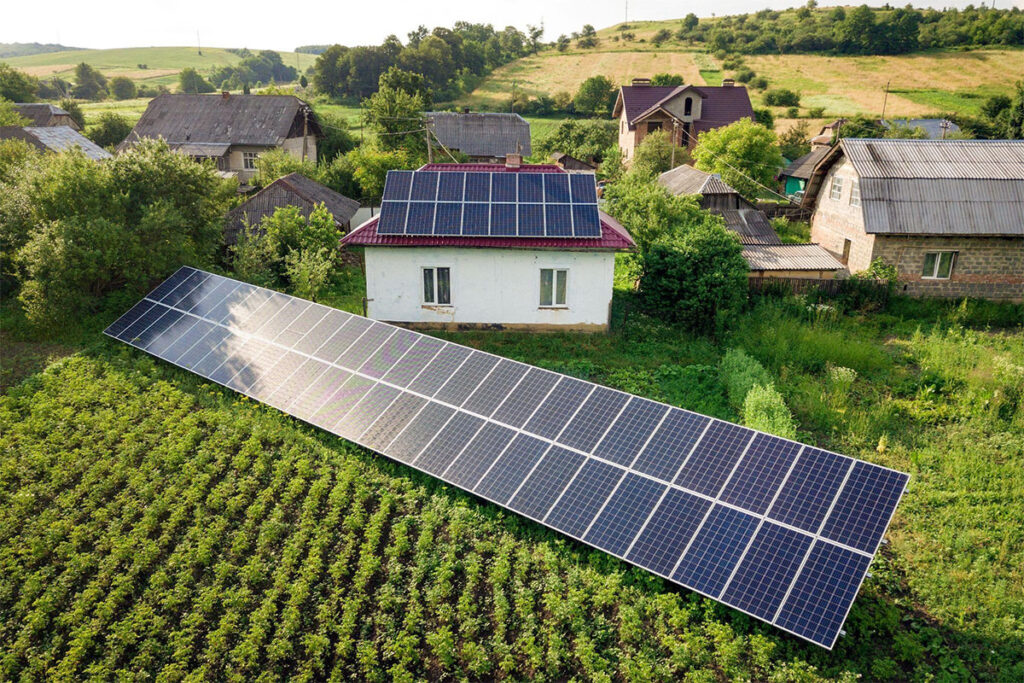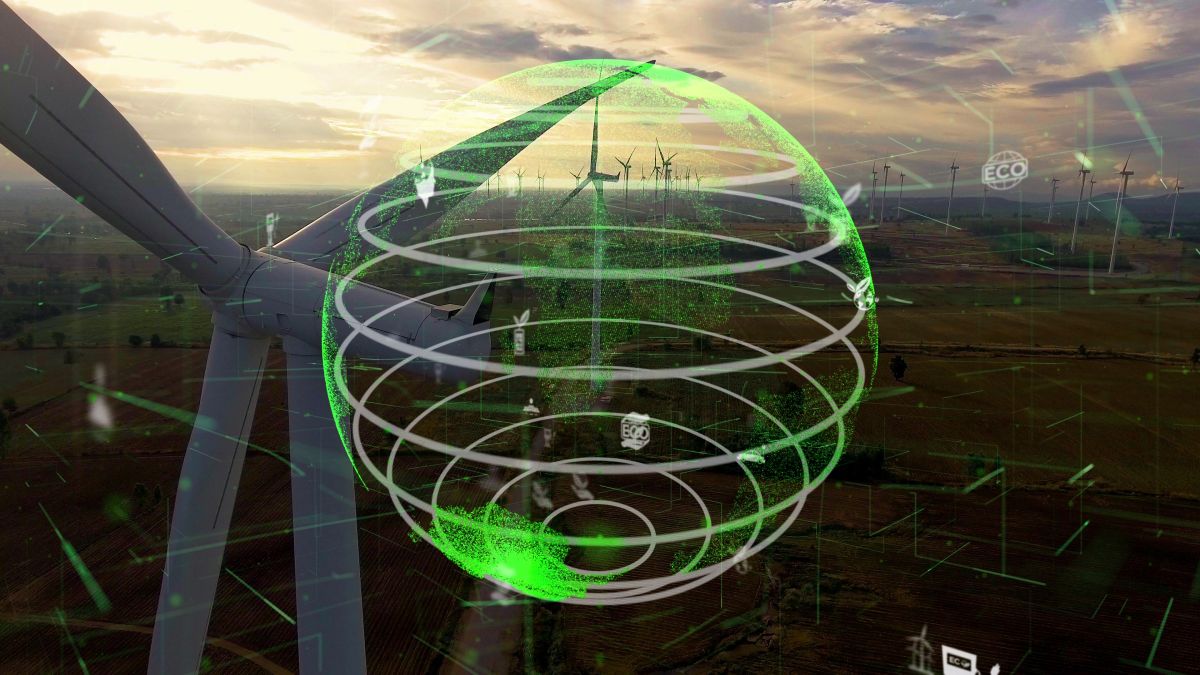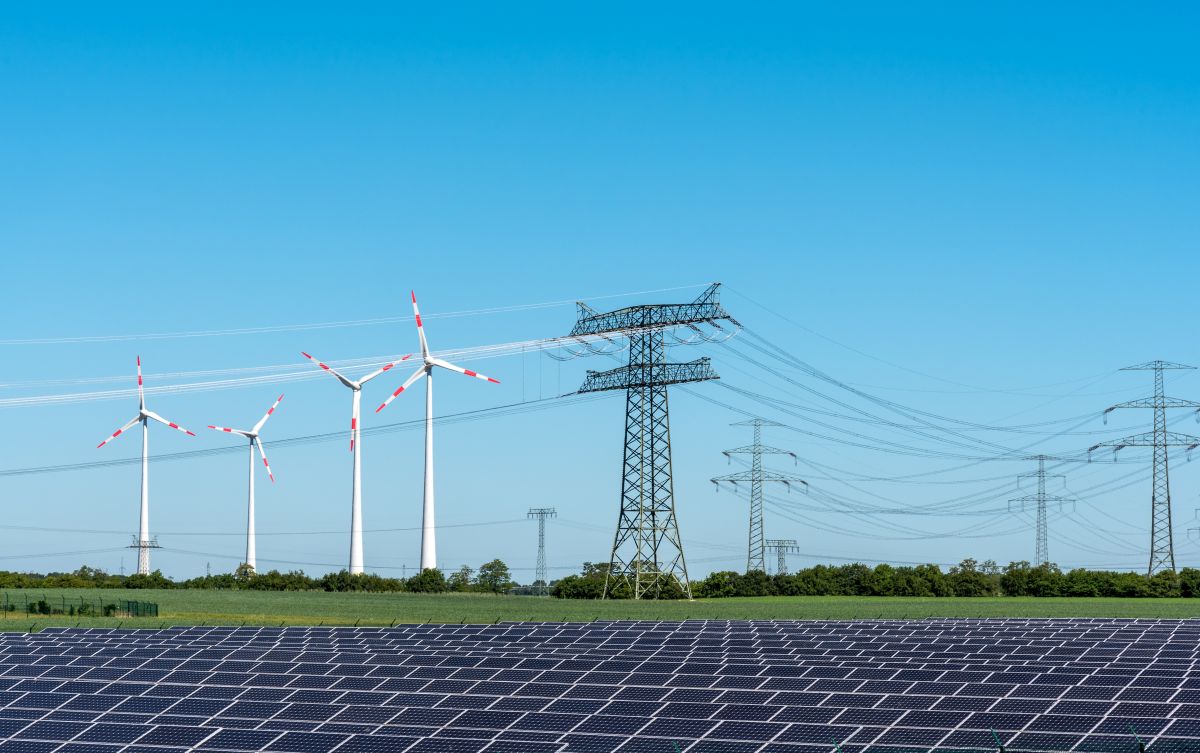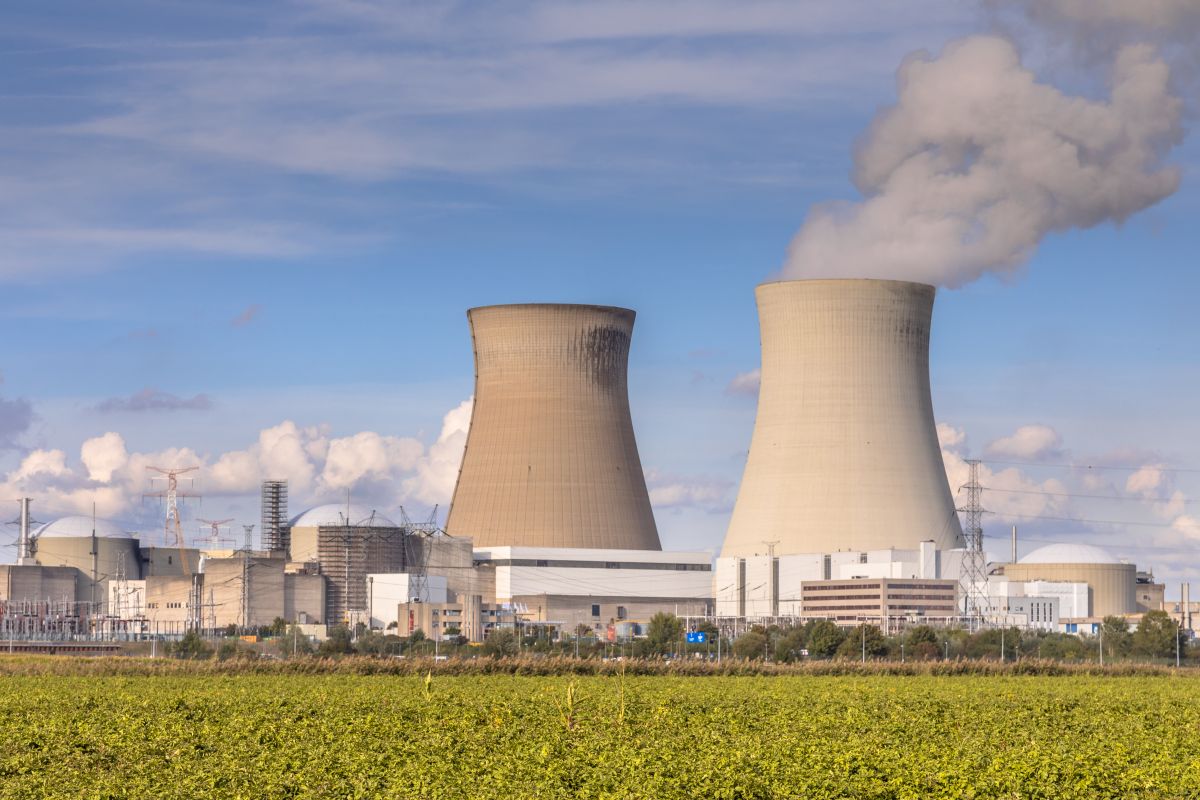The transition to renewable energy marks a pivotal moment in the modern global landscape. However, in developing countries, this change requires specific energy transition policies that are carefully made to fit their unique needs and challenges. A very important aspect of this process involves analyzing environmental impact reports, exploring investment opportunities, and understanding the role played by renewable energy companies. In developing nations, the struggle with unreliable power supply hinders progress. Switching to renewable energy offers a sustainable way to provide consistent electricity to communities that need it most, effectively bridging this critical gap.
Renewable Energy Investment Funds
Renewable energy investment funds play a very important role in driving the transition to renewable energy in developing nations. Developing nations require the correct energy transition policies as these funds provide essential capital for large-scale projects and innovations in developing nations. They offer a platform for investors to contribute to renewable energy companies to invest in, thereby fueling growth in this sector. Investment opportunities are not just limited to large projects but also encompass smaller, impactful initiatives like microgrid installation, which can revolutionize energy access in remote areas.
The Influence of the World Bank on Energy Development in Emerging Economies
Global entities like the World Bank can play a huge role in this by investing in developing nations to provide them with electricity so that other nations can become aware of the situation and then invest in such nations and provide them with renewable energy sources. By strategically channeling funds into both established and emerging renewable energy companies, these investment funds play a pivotal role in shaping a sustainable energy landscape.
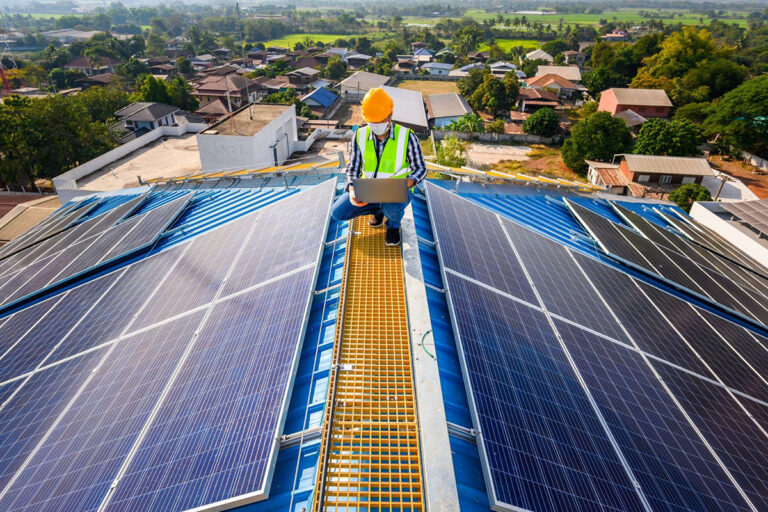
Promoting Development with Solar System Projects and Microgrid Innovation
The integration of advanced technologies should also be a primary component of renewable energy policies in a time of transition in developing nations. In developing countries, installing solar systems can make a significant difference as even a 10kw solar system can act as a constant source of energy for small homes with reduced carbon emissions. Furthermore, microgrid installation can also act as a transformative approach in remote areas, offering a decentralized and resilient energy solution. These technological integrations demonstrate the vast renewable energy investment opportunities available, which are essential for propelling the global shift to cleaner energy sources.
Guiding the Transition through Effective Policy Frameworks
For a successful transition to renewable energy, robust policy frameworks are essential. The Renewable Energy Policy Network for the 21st Century provides a blueprint for governments to formulate policies that encourage renewable energy in developing nations. These energy transition policies should not only incentivize investment but also ensure that projects comply with every environmental impact report to safeguard local ecosystems and communities. By adopting these frameworks, countries can create an environment that nurtures renewable energy investment opportunities, attracting domestic and international investors.
Final Thoughts
The shift to renewable energy is a complex and multi-faceted challenge that requires thoughtful and inclusive energy transition policies. Each element plays a critical role in this transition, from leveraging renewable energy investment funds to integrating technologies like microgrid installations and solar systems. The transition to renewable energy is very important for the environment and can act as an opportunity for economic growth and social development, particularly in developing nations.
Disclaimer: Any opinions expressed in this blog do not necessarily reflect the opinions of Certrec. This content is meant for informational purposes only.


